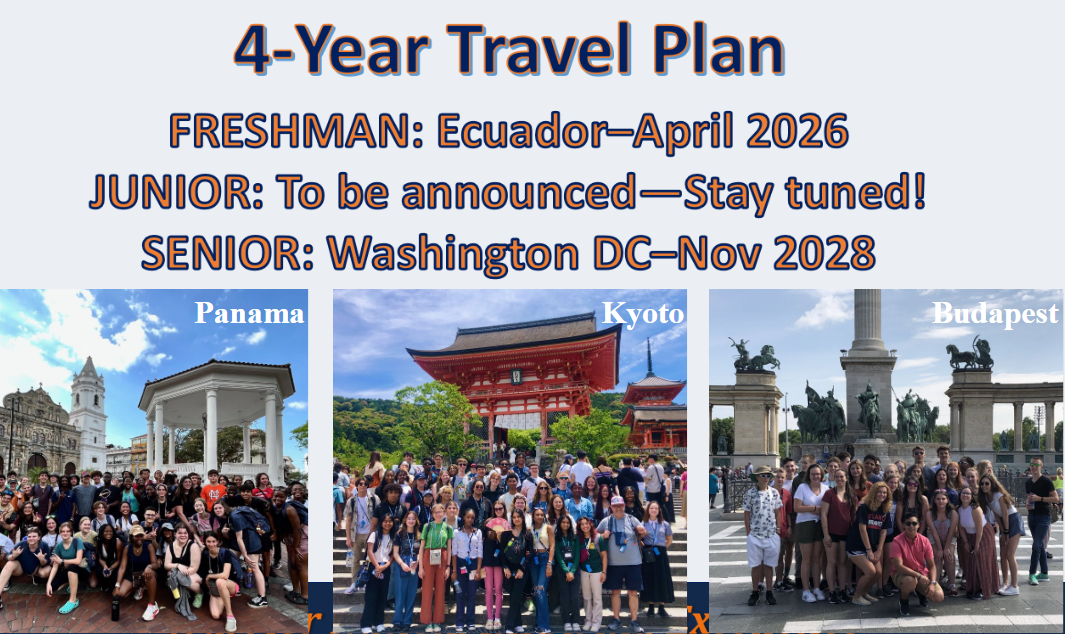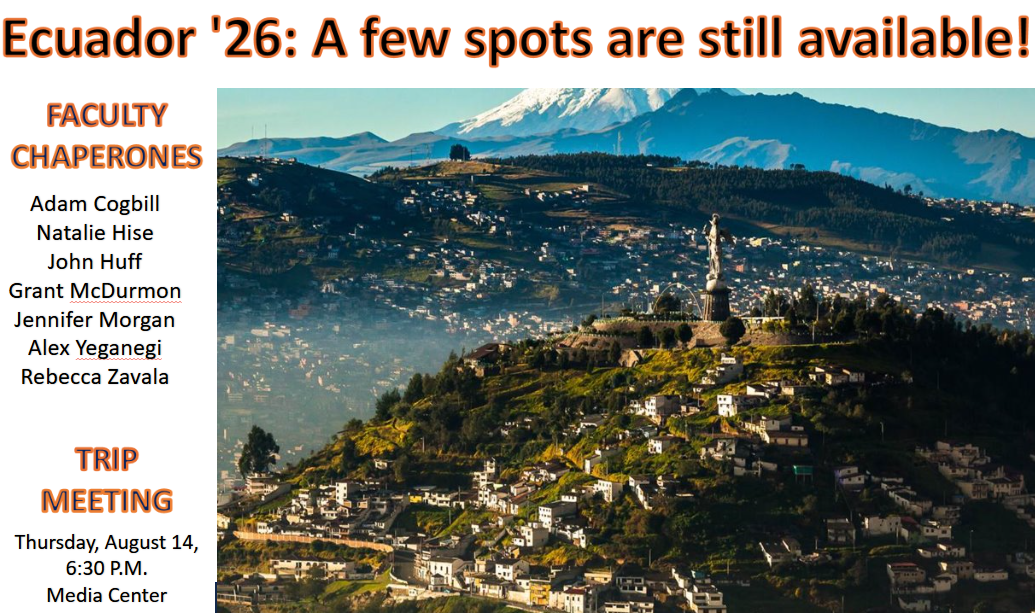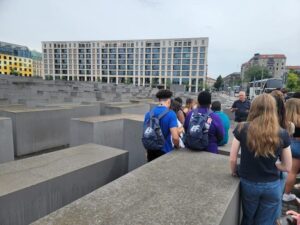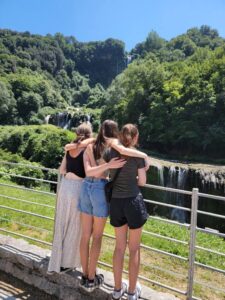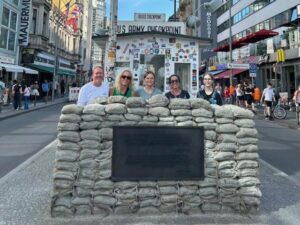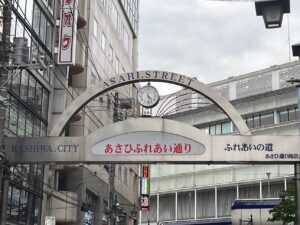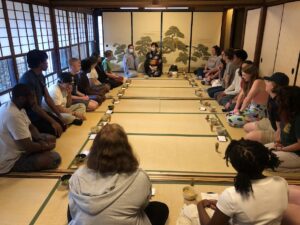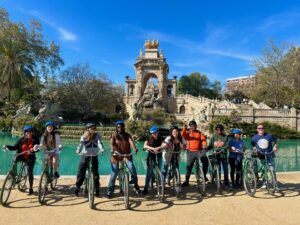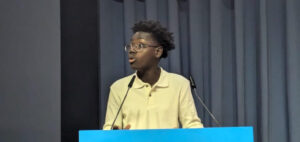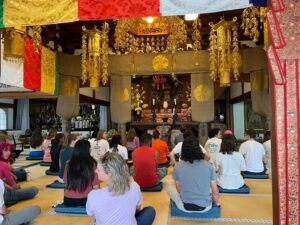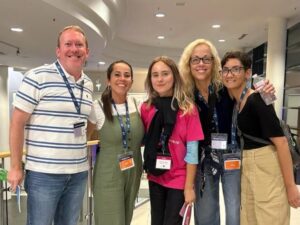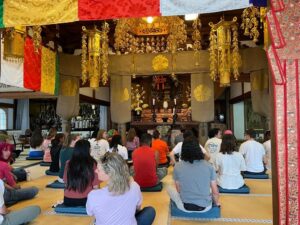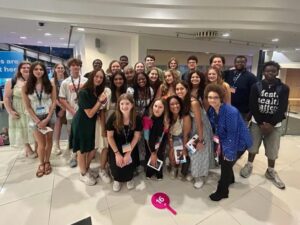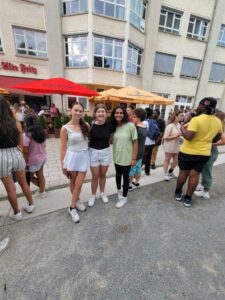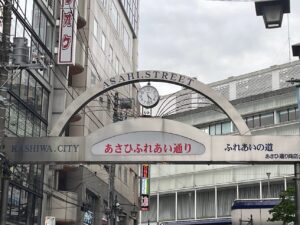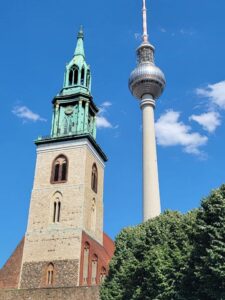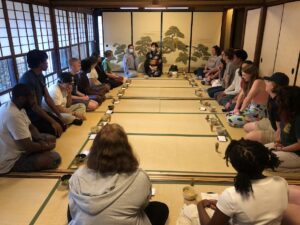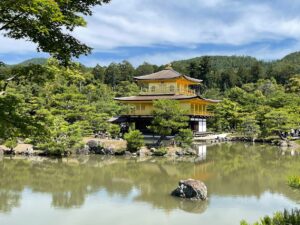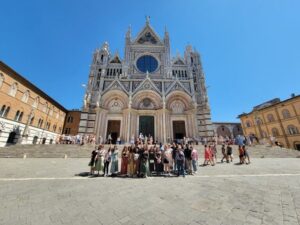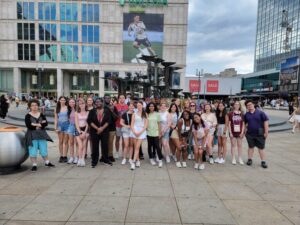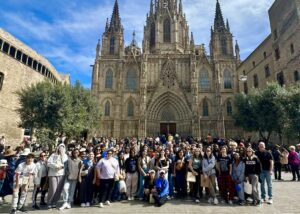At the North Cobb School for International Studies, we believe that real learning happens when students step beyond the classroom and into the world. That’s why global travel is a cornerstone of our program. Traveling with peers to places like Italy, Germany, Spain, London, Southeast Asia, Brazil, Ecuador, and Japan opens students’ eyes in ways that textbooks simply can’t. Whether navigating the Tube in London, mastering train connections in Tokyo, or bargaining at a local market in Ecuador, students learn to problem-solve, adapt, and follow directions in dynamic, unfamiliar environments. They become more than tourists—they become global citizens.
In Germany, our students explored the deep cultural meaning behind recycling and environmental responsibility, witnessing how sustainability is woven into everyday life. We were amazed to learn that many lawns and public spaces are left unmowed to preserve natural biodiversity—an everyday example of environmental stewardship. Students also noticed how strongly Germans value rule-following and mutual respect, something that left a lasting impression. In Spain, we experienced the art of the siesta and the importance of slowing down to prioritize family and wellness. We also stepped out of our comfort zones with a group Flamenco lesson, discovering firsthand the precision, grace, and cultural depth behind the dance. In London, students learned about the power of trying new things—including the simple but culturally iconic pea! It sparked laughter and reflection on the courage it takes to try unfamiliar foods. In Italy, students were blown away by the living history all around them—from ancient ruins to Renaissance masterpieces—and began to understand just how much the past continues to shape the present.
In Brazil, students engaged with communities where joy and music thrive despite economic hardship, gaining empathy and perspective. From witnessing intricate tea ceremonies in Japan to trying cuy (guinea pig) in Ecuador, students embraced new customs and stretched their comfort zones. These experiences challenge assumptions, build resilience, and develop leaders who understand that knowing your own culture is just the beginning—real insight comes from listening, exploring, and connecting across borders.
